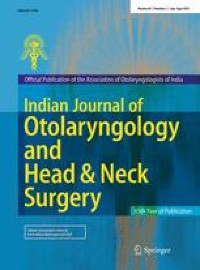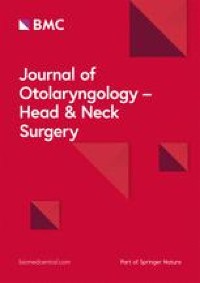Abstract
Background
During percutaneous puncture procedure, breath holding is subjectively controlled by patients, and it is difficult to ensure consistent tumor position between the preoperative CT scanning phase and the intraoperative puncture phase. In addition, the manual registration process is time-consuming and has low accuracy.
Methods
We have proposed an automatic registration method using optical markers and a tumor breath-holding position estimation model based on the support vector regression algorithm. A robot system and a tumor respiratory motion simulation platform are built to perform puncture tests under different breath-holding states.
Results
The experimental results show that automatic registration has higher accuracy than manual registration, and with the tumor breath-holding position estimation model, the targeting accuracy of puncture under inconsistent breath-holding conditions is greatly improved.
Conclusions
The proposed automatic registration and tumor breath-holding position estimation model can improve the accuracy and efficiency of puncture under inconsistent breath-holding conditions.
This article is protected by copyright. All rights reserved.



